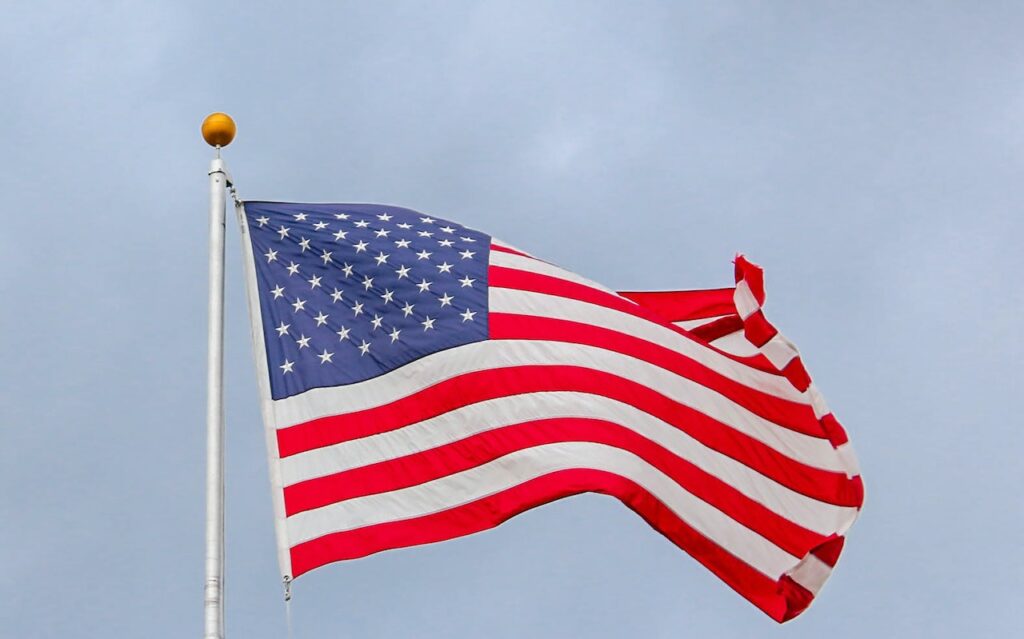The J-1 visa is a non-immigrant visa category that allows foreign nationals to enter the United States temporarily for the purpose of participating in the Exchange Visitor Program (EVP). The EVP is designed to promote mutual understanding between Americans and people from other countries through educational and cultural exchanges. In this article, we’ll delve into the details of the J-1 visa, providing you with a complete understanding of the program and its benefits.
What is a J-1 Visa for USA?
The J-1 visa is a non-immigrant visa type issued by the U.S. Department of State to individuals who wish to participate in various exchange programs across the United States. It enables participants to engage in educational, cultural, and professional experiences, fostering international collaboration and cross-cultural understanding.
Eligibility Criteria for J-1 Visa
To be eligible for a J-1 visa, applicants must meet specific criteria set by the U.S. Department of State. Here are some key requirements:
- Sponsorship: Individuals must first be accepted into an exchange program sponsored by a designated organization approved by the U.S. Department of State.
- Educational Background: The J-1 visa is available for students, researchers, professors, scholars, trainees, and other categories of exchange visitors. Each program has its own specific eligibility criteria.
- English Proficiency: Applicants may need to demonstrate their proficiency in English, especially if the program requires communication skills.
- Health Insurance: Participants must have adequate health insurance coverage for the duration of their stay in the U.S.
Types of J-1 Visa Programs
The J-1 visa offers various programs, each tailored to specific educational and cultural exchange opportunities. Some popular J-1 visa programs include:
- J-1 Student Visa: This program is designed for students enrolled in academic programs, allowing them to study at U.S. accredited institutions and experience American culture.
- J-1 Research Scholar Visa: Scholars, professors, and researchers can participate in research projects and academic activities in the U.S.
- J-1 Internship Visa: This program provides opportunities for practical training and work experience in various fields.
- J-1 Summer Work Travel Visa: University students can work and travel in the U.S. during their summer break to gain exposure to the American way of life.
Application Process for J-1 Visa
The application process for a J-1 visa involves several steps, including:
- Selecting a Sponsor: Choose a designated organization that sponsors the specific J-1 program you wish to participate in.
- Submitting Documents: Prepare and submit all required documents, including the Form DS-2019, which is the Certificate of Eligibility for Exchange Visitor Status.
- Visa Interview: Schedule and attend a visa interview at the U.S. embassy or consulate in your home country.
- SEVIS Fee: Pay the SEVIS (Student and Exchange Visitor Information System) fee before attending the visa interview.
- Background Checks: Undergo background checks as part of the visa application process.
- Visa Approval: If your visa is approved, you will receive your J-1 visa stamp in your passport, allowing you to enter the United States.
Benefits of J-1 Visa and Exchange Visitor Program
The J-1 visa and the Exchange Visitor Program offer numerous advantages, such as:
- Cultural Exchange: Participants get a chance to immerse themselves in American culture and traditions, fostering mutual understanding between nations.
- Skill Development: The programs enable individuals to acquire new skills and knowledge, enhancing their professional development.
- Networking Opportunities: Participants can build valuable connections with people from diverse backgrounds, creating lasting international networks.
- Language Proficiency: Living and studying or working in the U.S. helps improve language skills, especially English.
Frequently Asked Questions (FAQs)
What is the duration of a J-1 visa?
The duration of a J-1 visa varies depending on the specific program. It can range from a few weeks to several years.
Can I extend my J-1 visa if I want to stay longer?
Yes, in some cases, you may be eligible to extend your J-1 visa. You must discuss the extension with your program sponsor and follow the proper procedures.
Can I work while on a J-1 visa?
Yes, certain J-1 visa programs permit participants to work within the scope of their program. However, work authorization varies depending on the program category.
Can I bring my family with me on a J-1 visa?
It depends on the specific J-1 program. Some programs allow participants to bring their dependents, while others do not.
What happens if my J-1 visa expires?
If your J-1 visa expires and you remain in the U.S. without extending your status, you will be in violation of your visa terms and may face legal consequences.
Can I apply for a Green Card while on a J-1 visa?
It is possible to apply for a Green Card under certain circumstances, but it’s essential to understand the regulations and consult an immigration attorney.
In conclusion, the J-1 visa for the USA presents an incredible opportunity for individuals seeking to engage in educational and cultural exchanges in the United States. Through various J-1 programs, participants can broaden their horizons, develop new skills, and create lasting connections across borders. If you’re considering embarking on this enriching journey, make sure to understand the eligibility criteria, application process, and the specific program that aligns with your interests and goals.
Do you need a US J-1 visa?
Contact our team of skilled immigration lawyers to discuss your visa and immigration needs.
Call us on +234 812 5505 986 or WhatsApp us at +234 818 1547 085 for immediate assistance with your situation. We are available to assist you in person, over the phone, or online.





